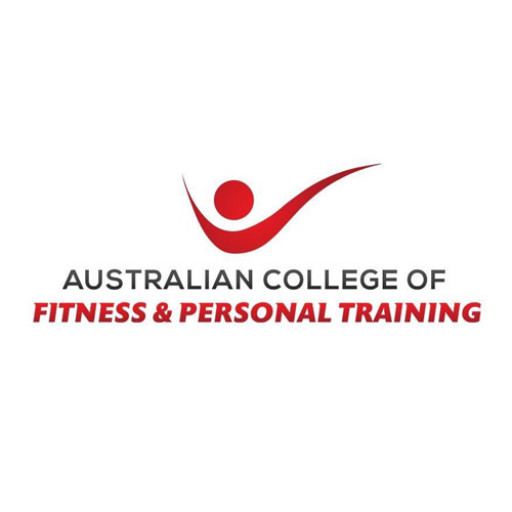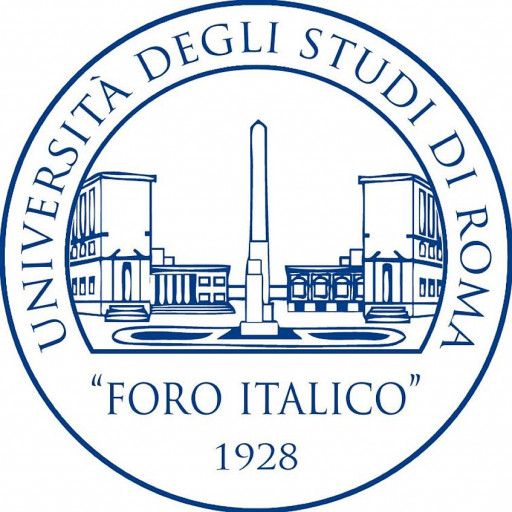Photos of university / #uniessex
Advertisement
The University of Essex is one of the UK´s leading academic institutions, ranked ninth nationally for research excellence following the last Research Assessment Exercise (RAE).
Our MSc Cardiac Rehabilitation focuses on enabling you to provide evidence-based physical activity advice and to manage intervention programmes for patients at risk of, or suffering from, a variety of cardiovascular disorders. It is an interdisciplinary course offering you an academic qualification with a clear vocational target.
You take six taught modules: five core and one optional. We provisionally timetable teaching for Tuesdays and Thursdays if you are studying on a full-time basis, so you alternate annually between these days if studying part-time.
A Masters course is an academically rigorous programme during which you explore your subject in depth, reaching a high level of specialist knowledge. You draw on knowledge and skills from your undergraduate study or your professional life to produce work of a high academic standard, informed by current thinking and debate.
A Masters course lasts for twelve months (full-time), starting in October, and consists of taught modules during your autumn and spring terms, and normally a research-based dissertation or other project-based work submitted in September. Your balance of modules and research varies according to the subject but, typically, your research counts for 60 credits and there are 120 credits of modules, varying from 10 to 40 credits each. (If you are from the EU, then our Masters courses are regarded as second-cycle qualifications under the Bologna Declaration and consist of 90 ECTS credits).
In some subjects, Postgraduate or Graduate Certificates and Diplomas are available, which last for six to nine months (full-time) and consist of 60 or 120 credits, respectively. These include the modules and assessed work of a Masters, without a dissertation. Our Graduate Diplomas equip those with a Bachelors with knowledge to proceed to a Masters in a different subject.
Please note that module information on our course finder provides a guide to course content and may be subject to review on an annual basis.
Modules
Compulsory modules
Cardiovascular Anatomy, Physiology And Pharmacology
Exercise In Prevention And Rehabilitation Of Cardiovascular Disease
Literature Review
Physiological And Clinical Assessment In Cardiovascular Disease
Psychology Of Health And Disease
Research Methods And Statistics
Research Project: Msc Cardiac Rehabilitation
Work-Based Learning In Cardiac Rehabilitation
Core modules must be taken and passed.
Core with options modules selected from limited lists must be taken and passed.
Compulsory modules must be taken.
Compulsory with options modules selected from limited lists must be taken.
Optional modules are selected from course specific lists.
For up-to-date information on funding opportunities at Essex, please visit:










